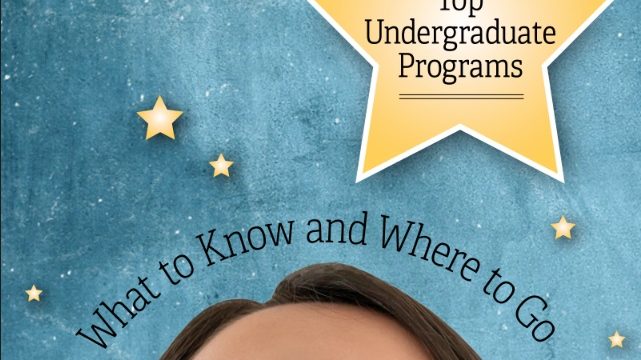I was 25 years old, engaged to be married. Fallen off the graduate degree track, I’d left academia behind with a master’s degree and, amazingly, no college debt. Only a few years earlier, I had been convinced to pursue a Ph.D. in history and become a professor. History, or at least certain fields within history, remain a passion to this day.
During my senior year, one professor after another counseled me to find another use for my pending history degree. My strong academic inclinations and track record were not sufficient to justify the politics of higher education, the exceedingly tight job market or the long wait it would take to get there.
If you can’t teach college students, I thought, why not try high school? My brief stint in small-town journalism behind me, I spent a short while teaching history and French (Oui, you read that correctly) at a unique suburban public high school with a strong academic focus. At the same time I enrolled in a nearby teacher residency program for night classes to make sure I would be properly credentialed.
However, I didn’t get far down the road before realizing this wasn’t the right career path for me to venture down.
God bless those skilled practitioners whose passion to help young people overcame the challenges of working in a bureaucratic system. I’ve had the privilege of meeting and befriending more than a few over the years since. But not me. I quickly reached an existential crossroads, and took a professional detour. Several speed bumps later, I found my calling in the world of public policy, researching and promoting ideas to modify the restrictive systems in education that limit opportunities for some students and for some highly skilled teachers, too.
Not long after my brief stint in full-time teaching, the National Council on Teacher Quality began its groundbreaking work examining the quality of teacher prep programs. Had that resource been available long ago as I weighed the option of a classroom teaching career, it may have adjusted my course. But far more importantly, NCTQ’s work has propelled a policy conversation that may someday lead to sweeping improvements in how the nation’s teachers are prepared.
In the meantime, NCTQ has recently released an eminently digestible and practical guide for young would-be teachers. “Start Here to Become a Teacher” by Dan Brown, Rob Rickenbrode, and Kate Walsh is just the sort of gift you want to give this year’s high school graduate or rising senior who has expressed an interest in becoming a professional educator. It also may have value for young or middle-aged adults considering a career switch to the classroom.
Nearly everyone seems to have an opinion on education, based on our own highly impressionable takes of our own formative experiences. Some would-be teachers may be drawn to a vocation because they thrived and enjoyed their experience in a conventional education system that worked well for them and many of their peers. Others may be directly aware of an educational system’s shortcomings, but not know where to go to make the most effective difference.
Both may find “Start Here to Become a Teacher” an exceptionally helpful tool to help guide them down a meaningful and productive path. The book distills helpful insights from experienced educators and combines them with a helpful guide to teacher prep programs that NCTQ, given its credible body of work, recommends as standouts.
Like former teacher and thoughtful commentator Robert Pondiscio, I found it somewhat jarring that the authors recommend some programs while assigning them low grades in the realm of helping candidates learn “how to teach reading.” To its credit, NCTQ has been one of the leading voices in the wilderness bringing attention to a quiet national crisis that leaves too many teachers ill-prepared in the science of reading instruction. Maybe the apparent conflict is a commentary on how hard it is to find good teacher prep programs that have a handle on scientifically based reading instruction.
Still, this observation only detracts a little from the overall quality of a generally useful guide. Attracting more of the right kind of people to the teaching profession and empowering them to get on a productive path sooner rather than later is a worthy project, and “Start Here to Become a Teacher” is a worthy effort.

Leave a Reply
You must be logged in to post a comment.